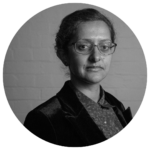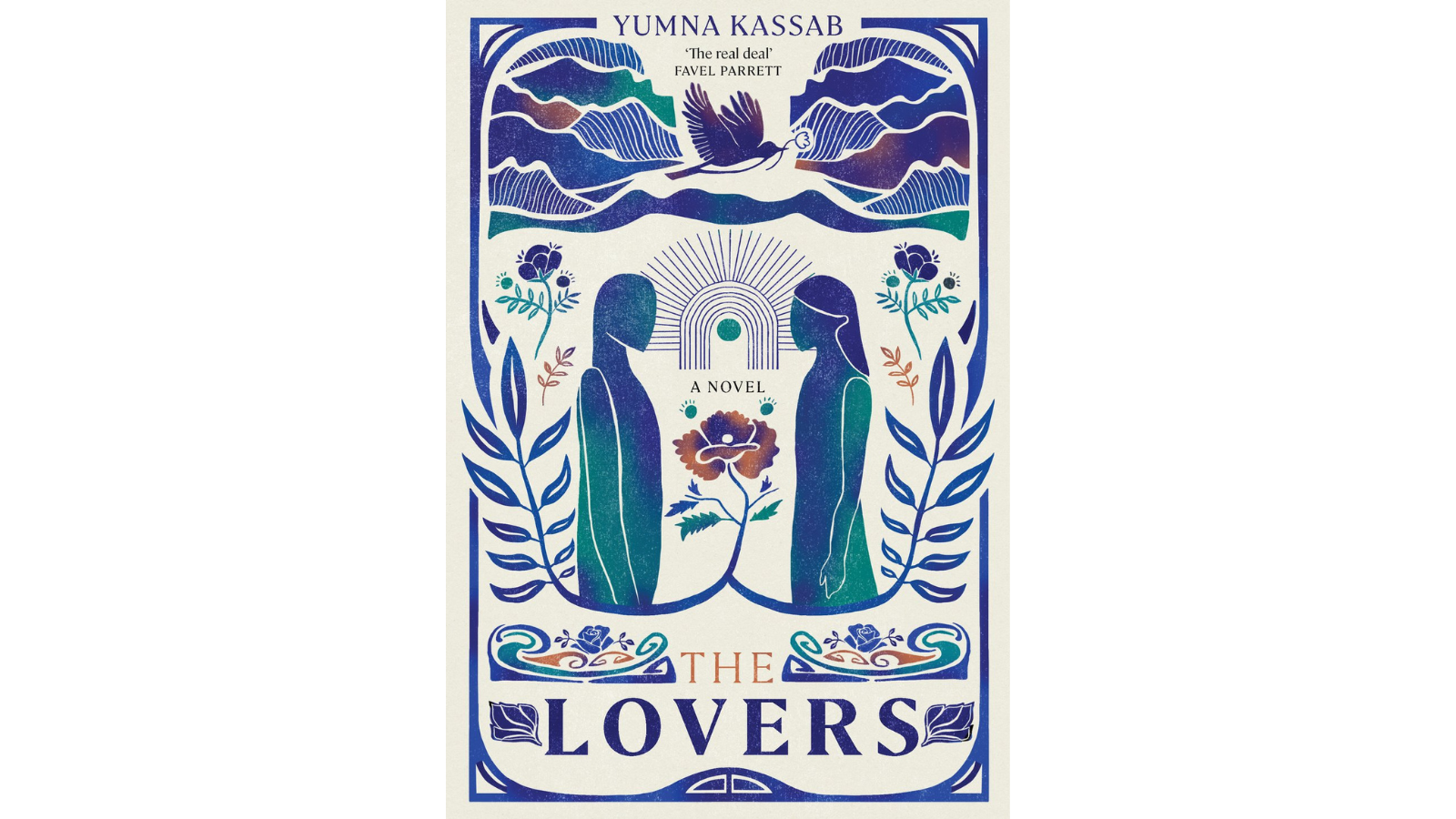Title: The Lovers
Author: Yumna Kassab
Publisher: Ultimo Press
What happens when we become used to each other, when we become bored, when we anticipate each other’s moods like the seasons cycled in a day? What happens when you are tired of me and I tire of you?
Every couple has a story. How they met, how they fell in love – their ups, their downs. What made them want to be in each other’s arms day and night. The struggle of family expectations. The need to please each other, the desire to go their separate ways. It is about the private universe between two people as they try to hold to each other despite the barriers of geography, culture and class.
Every couple has a beginning, a middle, and maybe an end.
The Lovers is an enchanting fable that explores the light and dark of a relationship – a love distilled down to its barest form. You might think you know this story. Maybe you do.
Judges’ report
Electrifying in its originality, poetic in its telling, The Lovers by Yumna Kassab cavorts a terrain rich with desire and anguish, love and pain, loss and healing. Fable-like, and alternating perspectives between two lovelorn paramours, the novel echoes via style, voice, and temporal shifts the discombobulation of yearning for another. Kassab asks: in what ways are we shaped by those we love? And in what ways do we shape them? The Lovers is a singular, form-defying work ambitious in scope and feeling, firmly positioning Kassab as one of Australia’s boldest, most inventive writers.
Extract
THE OPENING
What Amir loved most about Jamila was that she smelled of money. There was the perfume she used at her neck and wrists, there was the cream she rubbed into her skin, there was the shampoo that cost more than he made in a week. She was always in a gown that was from overseas and she would open it to him and say, ‘Come to me.’
He could have died a happy man beneath her love, believing himself an entrant to Paradise at last but had she been local, chances are she would have been unworthy of a second glance. Amir knew this as he caressed her, he knew this as they joked about a future in which a child of theirs was born. They bantered over devotion and eternity but he knew if she found herself carrying a child, she would deal with it as efficiently as her gardener tended the perfect lawn.
Women like her did not stay, women like her only joked until it was time for her to return to her home. At best it was a dalliance, a sweet pleasure to enjoy until it dulled and then she could pack up her things and follow whatever light her circumstances offered her.
He watched her and wondered how much time was left to them. Was it a week, was it a month, would they see out the year together before she tied her robe again, and left him with a decaying memory of a fragrance that was hers? He told himself he would leave before pleasure turned to suffering, before their romance turned to ash, but he knew he would stay as long as Jamila would have him, as loyal as a servant, panting over her like any old dog.
DELUSION
I absolutely love this place. That is what Jamila said.
And what exactly do you love about it? Is it the building missing its ear or its side? Is it the electricity that only comes on in six-hour blocks? Is it that people must live with their parents because they have no other choice? Perhaps it is that we can’t trust our government so it is left to us to limp along as best as we can? Is it the lawlessness of the roads, that obey no rules of reason or logic that can be deciphered by a rational mind? Is it that families do not speak to each other for generations over a slight you would take in your stride? Or perhaps it is that a university education is to no avail and in the end you will live a farmer’s life?
The people are so much happier here.
You say this about the person who is begging in the streets because that is the only way they can get by. You say this about the refugee, the child of refugees who were also born to refugees, stretching all the way back to 1948. They live in shacks that have no water, no electricity, their possessions in bags because tomorrow the government may move them on. You say it about the daughter who has none but her family to fall back on, who leaves with only the clothes on her back—even her children belong to the husband—and there is nothing to say she has the right to ever see them again. She is not happy, she has no future, she smiles because it is a reflex and she has been taught her lines so well. You say this about the one who agonises in his bed and then passes on suddenly because no one knew how sick he was. He was not peaceful but his disease was undiagnosed so it had no name and therefore did not exist.
I sense so much possibility.
You sense it because you are used to another life. You have money but will you sense possibility when your money runs out? Even if it does run out, you can take your suitcase, fill it with your things and return to that other country, and you can trust that between fortune and your government, the conditions are provided so you will prosper again. There is no possibility here, only that forced by people with their bare hands. The truth is we live like this because we have no choice, and if given a choice, we would choose to live our lives according to the pattern you live by overseas.
About the author

Yumna Kassab is a writer from Western Sydney. She studied medical science and neuroscience at university. Her first book of short stories, The House of Youssef, has been listed for prizes including the Victorian Premier’s Literary Award, Queensland Literary Award, NSW Premier’s Literary Award and The Stella Prize. Her second work of fiction, Australiana, was published in 2022.
Related Posts

Read
Anne-Marie Te Whiu Receives The Next Chapter Alumni Poetry Fellowship
2 Apr 2024

Read
What's on in April: Resident Organisation Round Up
28 Mar 2024

Read
Blak & Bright First Nations Literary Festival returns in 2024
7 Mar 2024

Read
What's on in March: Resident Organisation Round Up
29 Feb 2024

Read
Hot Desk Extract: International
23 Feb 2024

Read
Hot Desk Extract: The Rooms
23 Feb 2024

Share this content